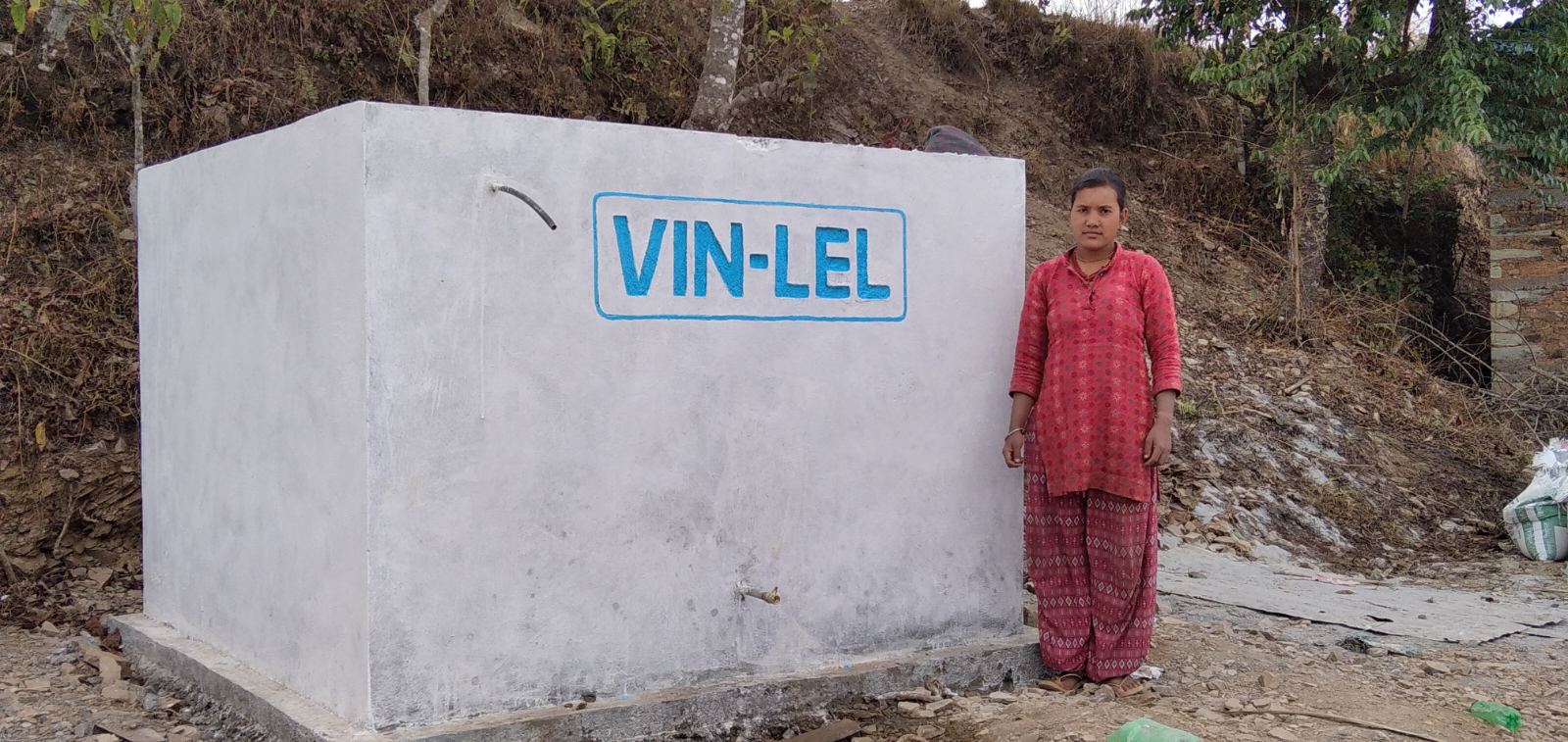Water research volunteer
VIN’s “Water research project” is designed to address water-related problems and to search the possibility of development through proper utilization of water resources in the rural marginalized communities of Nepal.
Water research is a broad field, covering areas such as water quality, conservation, pollution, aquatic ecosystems, and more. Identify specific areas that align with your interests and skills.
Stéphanie Lafrenière from Canada for the “Water research project” began the project by developing a session campaign about the effects of chemical pesticides used in agriculture on health and the environment. With a local translator and staff member of VIN, she met groups of women to explain and discuss with them that those chemicals can be harmful to their health if they are not used correctly.
For example: in high doses, too frequently, and even if it is not necessary. She explained that chemical pesticides are a source of pollution for the ground and surface water and can also affect crop productivity. Because many of these products are stable and remain for long periods on the grounds.
Some of the symptoms usually occurring in case of intoxication by pesticides are explained as headaches, dizziness, nausea, vomiting, and burning eyes. The low-dose – long-term use of chemical pesticides is also mentioned as a risk for other diseases such as cancer. The women’s groups are taught the facts that pesticides are not only dangerous in case of mouth absorption but also if inhaled or in contact with the skin.
Introduction
Water, the elixir of life, plays a pivotal role in sustaining ecosystems and human livelihoods. In the realm of environmental conservation, the unsung heroes known as “Water Research Volunteers” emerge as vital contributors to understanding and preserving this precious resource. This article delves into the world of water research volunteering, exploring its significance, the process of becoming a volunteer, the impact on individuals and the environment, challenges faced, success stories, and glimpses into the future.
Becoming a Water Research Volunteer
Qualifications and Skills
Becoming a water research volunteer requires a blend of passion, dedication, and certain qualifications. While formal education in environmental sciences is beneficial, a genuine interest in water conservation and a willingness to learn are equally crucial. Volunteers should possess good communication skills, attention to detail, and the ability to work in diverse environments.
Finding Opportunities
With the growing awareness of environmental issues, numerous organizations offer opportunities for water research volunteers. Local environmental agencies, non-profit organizations, and research institutions often seek individuals willing to contribute their time and efforts. Online platforms and community bulletin boards can be valuable resources for finding such opportunities.
Application Process
The application process varies, but it typically involves submitting a resume, a cover letter expressing one’s motivation, and sometimes participating in an interview. Some organizations may provide training for selected candidates, while others may require volunteers to undergo external training programs. Apply now to become a water research volunteer.
A focus is made on prevention and other recommendations (following the instructions on the labels, following the pre-harvesting periods, minimizing the use, and the importance of wearing gloves, masks, long-sleeved shirts, long pants, and shoes, etc.). The sessions usually end with an exchange with the women about alternatives such as natural pesticides. These sessions linked water research, the promotion of agro-farming, and human health, three important themes for VIN. In parallel with those sessions, a sampling campaign on water taps in the community is conducted to test some chemical parameters in consuming water.


